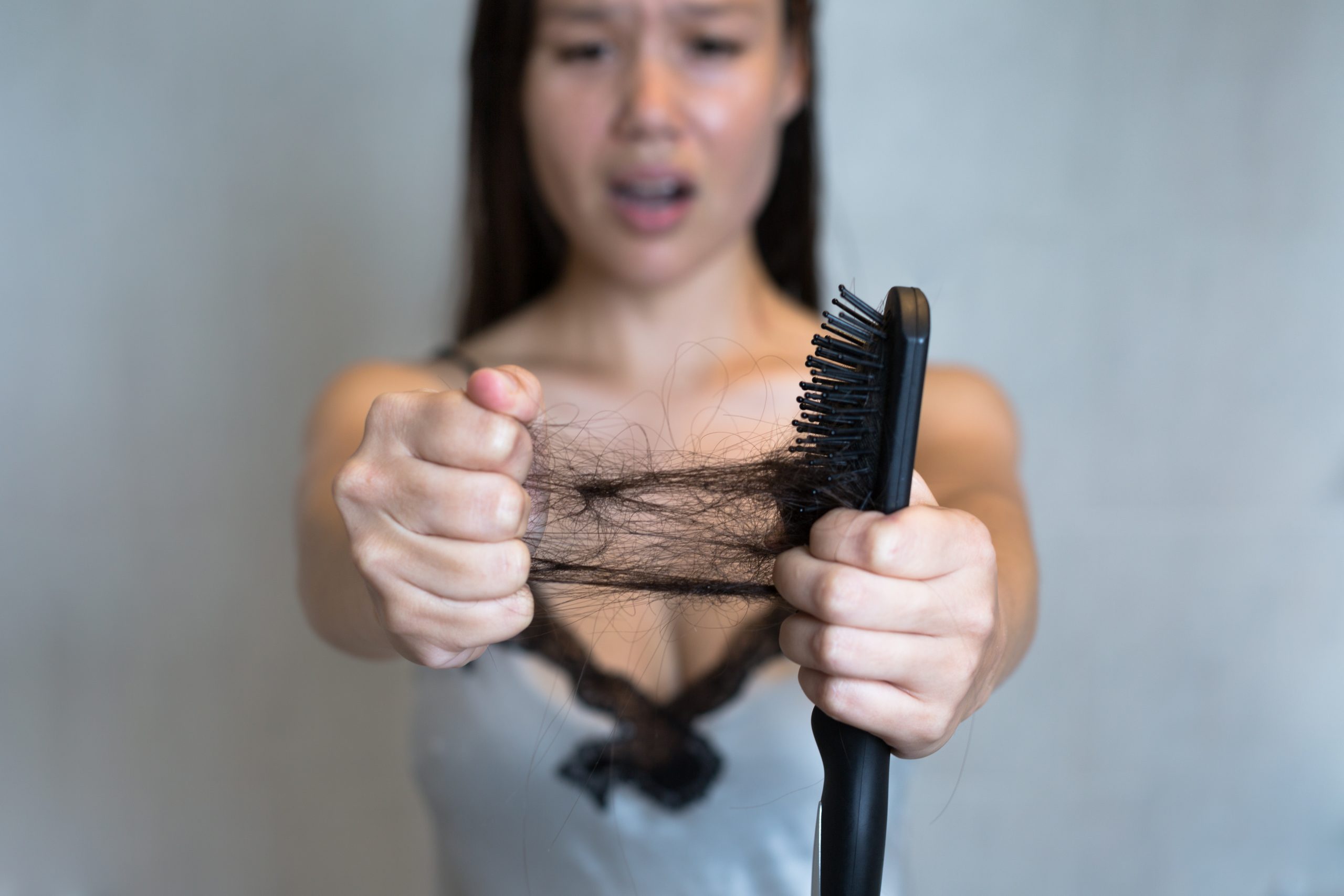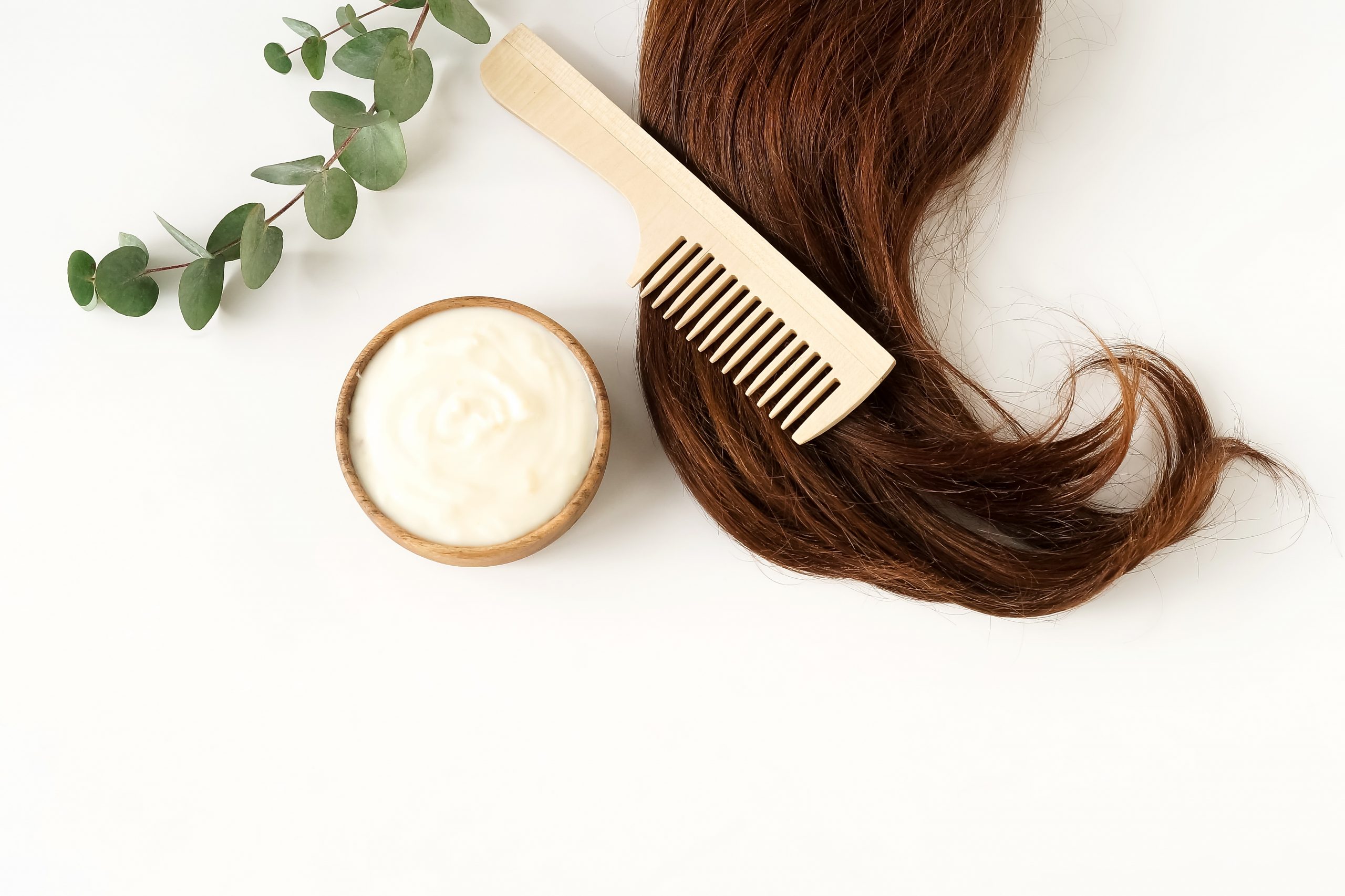Hair loss can be a distressing experience for both men and women. While there are various factors that can contribute to hair loss, one significant factor is hormonal changes. Hormones play a crucial role in regulating many bodily functions, including hair growth. In this article, we’ll explore the connection between hair loss and hormonal changes.
Hormones and Hair Growth
Hair growth is a complex process that is influenced by several hormones. Two key hormones involved in hair growth are estrogen and testosterone. Estrogen promotes hair growth, while testosterone can contribute to hair loss. Both men and women have both estrogen and testosterone in their bodies, but the balance of these hormones differs between the sexes.
Hair Loss in Women
In women, hormonal changes can have a significant impact on hair growth. One common cause of hair loss in women is hormonal imbalances, such as those that occur during pregnancy, menopause, and conditions like polycystic ovary syndrome (PCOS). During pregnancy, increased estrogen levels can cause hair to enter a prolonged growth phase, resulting in thicker, fuller hair. However, after childbirth, estrogen levels drop, leading to hair shedding and thinning. Similarly, during menopause, the decrease in estrogen levels can contribute to hair loss and changes in hair texture.
Hair Loss in Men
In men, the primary hormone associated with hair loss is dihydrotestosterone (DHT), which is derived from testosterone. DHT can bind to hair follicles, causing them to shrink and leading to a condition called androgenetic alopecia, or male pattern baldness. This condition is characterized by a receding hairline and thinning hair on the crown of the head. It is believed that individuals with male pattern baldness have hair follicles that are more sensitive to the effects of DHT.
Treating Hormonal-Related Hair Loss
Treating hair loss caused by hormonal changes depends on the underlying cause. For women experiencing hair loss due to hormonal imbalances, addressing the hormonal imbalance is often the first step. This may involve hormonal therapies, such as hormone replacement therapy (HRT) during menopause or medications to regulate hormone levels in conditions like PCOS.
For men with male pattern baldness, there are medications available that can help slow down or prevent further hair loss. These medications work by inhibiting the conversion of testosterone to DHT or by blocking the DHT receptors in the hair follicles. However, it’s important to note that these medications may not be suitable for everyone and should be used under the guidance of a healthcare professional.
In addition to medical treatments, there are lifestyle changes and practices that can support healthy hair growth. Maintaining a balanced diet rich in vitamins, minerals, and proteins is essential for hair health. Regular exercise and stress management techniques can also help to regulate hormone levels and reduce the impact of stress on hair loss.
In conclusion, hormonal changes can have a significant impact on hair growth and contribute to hair loss. Estrogen and testosterone play vital roles in regulating hair growth, and imbalances in these hormones can lead to hair loss in both men and women. Treating hormonal-related hair loss often involves addressing the underlying hormonal imbalance through medical treatments or lifestyle changes. If you’re experiencing hair loss, it’s best to consult with a healthcare professional to determine the cause and develop an appropriate treatment plan.





